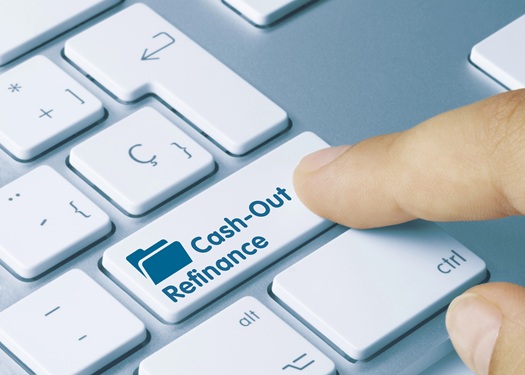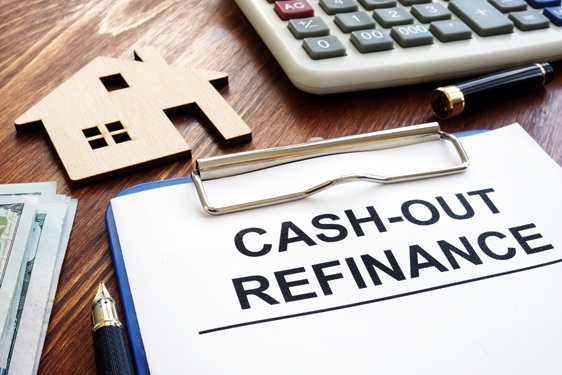
Investing in a property that serves more than one purpose can be an excellent way to diversify income and maximize value. Mixed-use loans are designed for properties that combine residential, commercial, industrial, or even agricultural uses in a single building or development.
These loans let investors and business owners purchase properties. They can also refinance or build properties that generate income from different types of tenants. Understanding how these loans work is important. It can help you decide if this financing option is the right choice for your next real estate project.
What Qualifies as a Mixed-Use Property?
A property must have more than one approved use to qualify for a mixed-use loan. This could be a multi-story building where retail stores fill the first floor, offices are on the second, and apartments occupy the upper levels. It can also be a single-story building that have separate sections for different purposes, like a combination of a small café, a yoga studio, and residential space.
So, to confirm eligibility, lenders usually require a property appraisal from a licensed professional. The appraiser will review the property’s zoning, condition, and market value. They will also consider its “highest and best use” by looking at comparable properties and market trends. If the property is best utilized for a combination of purposes, it will likely qualify for mixed-use financing.
How Mixed-Use Loans Work
A mixed-use loan is typically secured by the property itself, meaning the lender can reclaim the asset in case of default. Before approving financing, lenders often require an appraisal to ensure the property value aligns with the requested loan amount. Environmental reports, land surveys, and other inspections may also be necessary to confirm that the property is safe, compliant, and free from issues that could affect its resale or long-term profitability.

Commercial real estate loan
These safeguards help lenders manage risk and ensure that the investment is financially sound. For borrowers, this process also provides reassurance that the property is a reliable asset capable of supporting the loan.
Who Should Consider Mixed-Use Loans?
Investors, landlords, and small business owners can all benefit from mixed-use loans. Here are a few situations where they make sense:
- Investors and landlords seeking rental income from both residential and commercial tenants.
- Business owners who want to occupy part of the building for their own company while leasing out the remaining space.
- Developers looking to construct new mixed-use projects in high-demand areas.
- Borrowers who have been denied traditional financing due to unique property characteristics.
If you plan to generate income from a property that blends multiple uses or you want to diversify your tenant mix, a mixed-use loan can offer the flexibility you need.
Why Commercial Mixed-Use Loans Might Be Right for You
If the property includes retail stores, office space, or restaurants alongside residential units, a commercial mixed-use loan could be the ideal solution. This type of financing in Boston MA allows you to capitalize on properties in areas with strong rental demand. You can simplify your portfolio by managing a single property while collecting revenue from multiple types of tenants.
FinanceBoston, Inc. offers expert assistance in securing mixed-use loans, helping investors and business owners navigate every step of the process. Their team ensures that you choose the right financing option to match your goals, whether you are buying, refinancing, or developing a mixed-use property.
Call FinanceBoston, Inc. now to explore flexible mixed-use loan options that can help you maximise your investment and grow your real estate portfolio with confidence.
FinanceBoston, Inc.
33 Broad Street
Boston, MA 02109
617-861-2041
https://financeboston.com/











 Debt-Based Financing Options
Debt-Based Financing Options